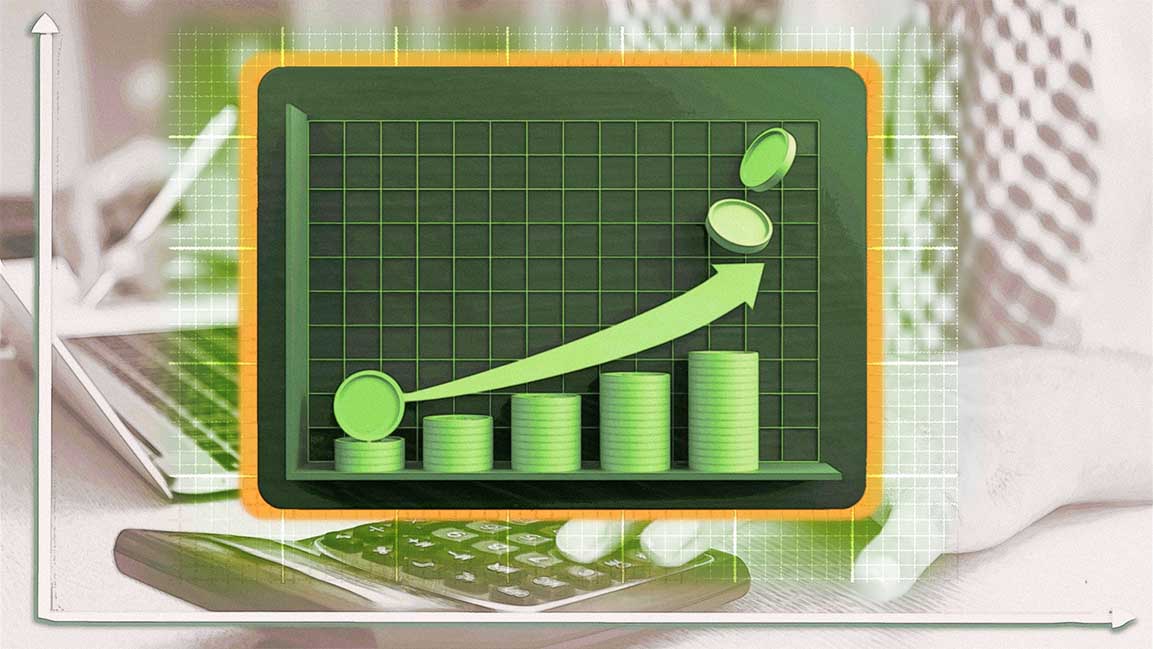- | 11:00 am
Arab countries account for more than half of the global Islamic financial industry
Setting accounting standards for Islamic finance will help achieve industrial growth, says AMF Director-General.

Now accepting applications for Fast Company Middle East’s Most Innovative Companies. Click here to apply.
Islamic finance has been an effective tool for financing development worldwide and is crucial in supporting the implementation of the Sustainable Development Goals. It also promotes inclusive growth, reduces inequality, and accelerates poverty reduction.
While a large number of players across the globe want to get a bigger piece of the pie in the Islamic finance industry, the GCC leads as a highly competitive market with internationally recognized players such as Bank Al-Rajhi, Dubai Islamic Bank, and Kuwait Finance House.
Director-General and Chairman of the Board of Directors of the Arab Monetary Fund, Dr. Abdul Rahman Bin Abdullah Al Humaidi, says that Arab countries make up about 60% of the global Islamic financial industry, having totaled $3 trillion by the end of 2021.
Additionally, the Islamic Finance Development Indicator (IFDI) predicts that the global Islamic finance industry will grow to $5.9 trillion by 2026, resulting from its two biggest segments, Islamic banks and Sukuk.
Al Humaidi noted that building the capabilities of workers in this industry, along with the capabilities of the regulatory and supervisory authorities, plays a vital role in the industry’s development and overall growth.
Moreover, setting standards for Islamic finance aids in achieving calibrations and harmonization in Islamic financial practices among Arab states, as well as in Arab countries and international practices.
Transparency of accounting disclosure, reliability and credibility of financial statements, and facilitated work of Islamic finance institutions regarding the challenges in applying international accounting standards due to the specificity of their work are all components the course offers.
“To support its member states in capacity building, the Arab Monetary Fund has prioritized the Islamic financial industry by allocating part of its programs to this important field. In this context, the fund has organized this session on accounting standards for Islamic financial institutions,” said Al Humaidi.
































